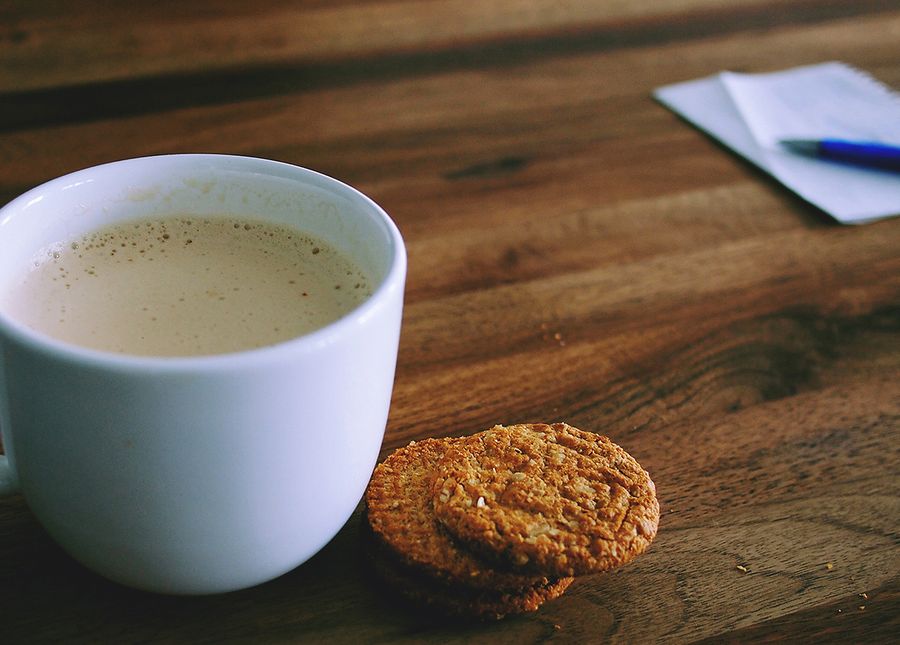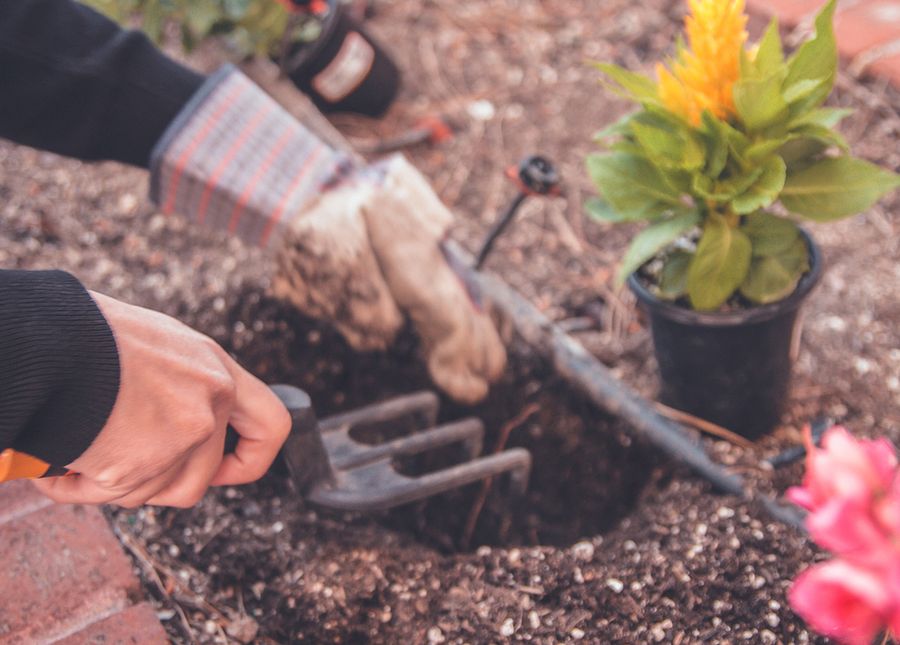Ooops! Well, that was unexpected…
Loss of bladder control – urinary incontinence – is extremely common, especially in women (thanks a lot, childbirth). Almost 5 million Australians experience unexpected spills of urine (discretely referred to as ‘leakage’). That’s around one in 5 people. That’s a lot of wee!
Also common, and particularly in older people, is faecal incontinence, which stems from loss of bowel control and results in the unexpected passing of wind and faeces.
Despite its frequency, incontinence is still a taboo. Nobody wants to think about it and nobody wants to talk about it. But when it happens to you, it’s good to know that there are lots of things you can do to help the situation.
Medical advice is number one
The first thing to do if urinary or faecal incontinence strikes is to see your doctor. Because it’s never really mentioned socially, you might feel embarrassed talking about it, but your GP will have heard your story many, many times. It’s common, remember. So having a frank discussion about it is nothing to worry about.
There are four types of urinary incontinence, each with its specific causes and treatments, so getting medical advice is important. In many cases, incontinence can be treated, and in all cases there are programs in place to help you manage the condition – ranging from changing your diet to ‘retraining’ your bladder – and products available from your chemist that help you maintain an active lifestyle, such as incontinence pads or pants.
Incontinence aids can also help those with faecal incontinence get on with their lives. In many cases, these are covered under your home care package and managed through your personalised care plan. If your situation has changed since your last assessment and your doctor recommends the use of incontinence aids, please have a chat to your case manager to get your plan and funding updated.
Hacks to help you beat incontinence
For many people, once bladder or bowel control is lost, confidence soon follows. And it’s only natural to feel anxious if you know that laughing at a joke, sneezing, standing up, or just doing nothing at all could result in a very embarrassing and messy accident.
But with some thought and planning, incontinence can be managed, and you can continue to enjoy a full and happy social life. Here are a few ideas:
Know where the toilets are: The health department have put together a very handy website that shows over 16,000 public toilets on a map, and even lets you plan a trip, showing all the toilets along the way. There’s an app too, which is super handy if you have a smart phone.
Drink plenty of water: Some people restrict fluids before going out, but it’s usually better to keep drinking water as usual. Around 6–8 glasses a day is recommended, unless your doctor tells you otherwise.
Avoid alcohol and caffeinated drinks: Sometimes, a quiet wine or a cup of coffee is the reason you’re going out in the first place. We don’t want to spoil your fun, but just be aware that booze and caffeine are diuretics. That is, they make you wee more.
Don’t forget your aids: If you’re using pads or pants to help manage your incontinence, don’t forget to pack spares.
Stay healthy and active: Smokers and people who are overweight are more prone to incontinence (along with every other bad thing). Gentle exercise such as walking, Pilates and swimming are better than strenuous exercises, which can put pressure on your bladder.
Carers can help as well
Depending on your health and mobility, you might qualify to receive government funding to help with the cost of home care. Carers coming to you can perform a variety of tasks, ranging from from occasional help getting things like the shopping and gardening done, through to regular assistance with daily tasks like showering and preparing meals, and all the way up to full-time live-in assistance with all aspects of life.
Trained home carers are skilled at assisting people with incontinence in a sensitive and understanding way. Faecal incontinence can be especially challenging, since it is most common among the most senior of all seniors, and can be associated with cognitive impairment including dementia. Onset of this condition can lead to people rarely or never leaving their homes. But this doesn’t have to be the case.
The regular presence of a trained professional can reduce the negative impact that loss of bowel control can have on the sufferer as well as their family and friends. Home carers can accompany people on social outings and shopping trips, and can be prepared to act quickly and discretely if an accident happens as well as being very skilled in prevention of accidents.
If you’ve had an Aged Care Assessment and qualify for a Home Care Package, the funds can help cover the cost of home care, and can even be used to purchase incontinence pads, pants and other aids.
So remember that with incontinence you are not alone, and you don’t have to stay home on the lino all day. Advice and support are available to help you keep on living without anxiety and embarrassment. All you have to do is ask!




